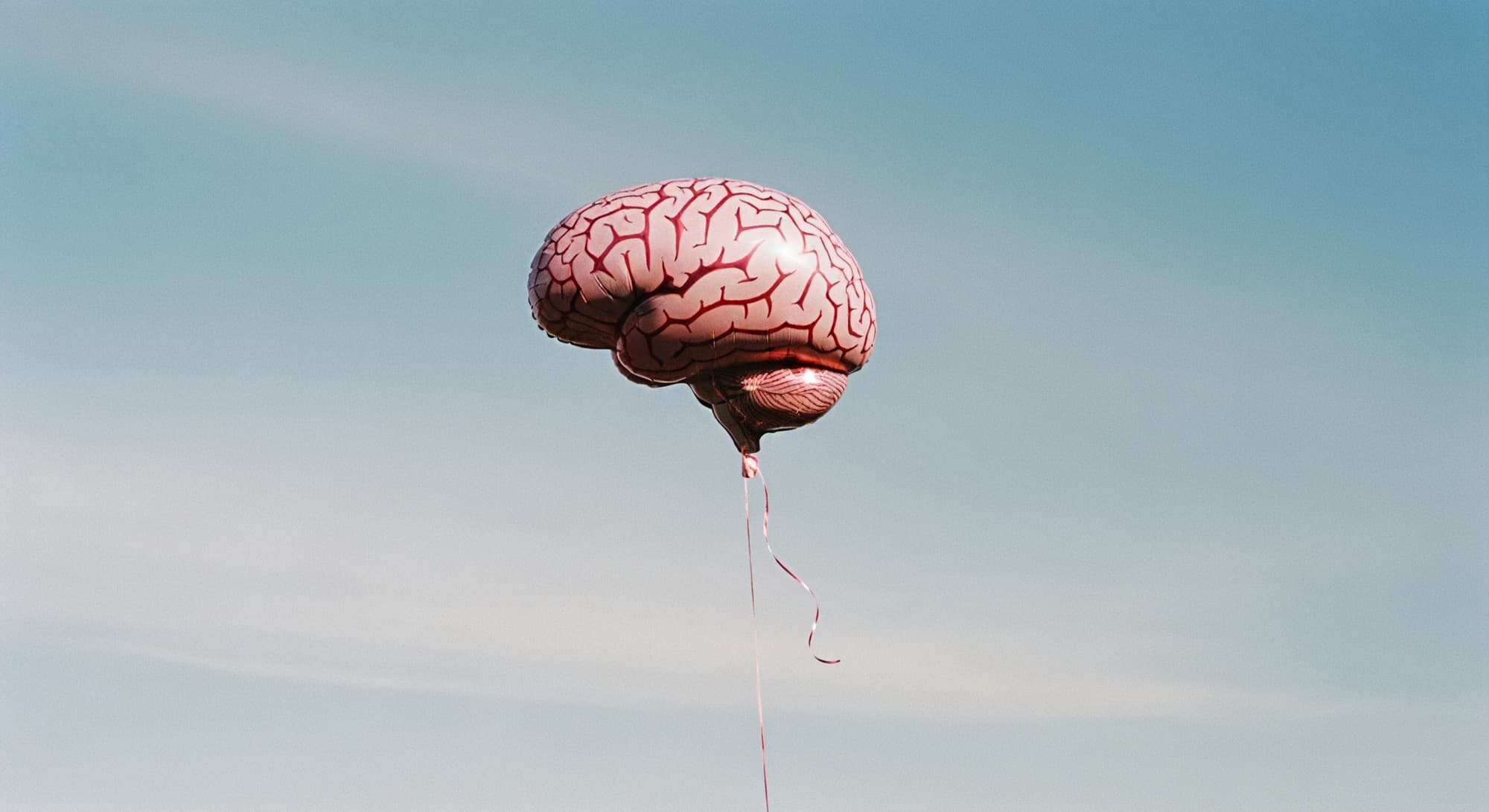
Introduction
When most people think about weight management, insulin gets all the attention — and for good reason. It’s a key hormone that regulates blood sugar and fat storage. But insulin isn’t acting alone. Your body’s hormonal network works like a symphony, with each hormone influencing appetite, energy, mood, and how your body burns or stores fat.
Among these, three hormones play particularly powerful roles: cortisol, leptin, and ghrelin. Understanding how they function — and how to keep them in balance — can help you make lasting progress in your weight loss journey without fighting your biology.
Cortisol: The Stress Hormone That Stores Fat
Cortisol is produced by your adrenal glands in response to stress. In short bursts, it’s beneficial — helping you wake up in the morning, maintain alertness, and respond to challenges. But when stress becomes chronic, cortisol levels stay elevated, and that’s where problems begin.
High cortisol increases appetite, raises blood sugar, and encourages fat storage — especially around the abdomen. This is why chronic stress and sleep deprivation can make weight loss so difficult. Elevated cortisol also promotes muscle breakdown, which slows metabolism over time.
How to Balance Cortisol
- Prioritize 7–8 hours of quality sleep each night.
- Practice stress-reducing activities like deep breathing, meditation, or walking outdoors.
- Avoid overtraining — excessive high-intensity workouts can raise cortisol further.
- Eat balanced meals with protein and healthy fats to stabilize blood sugar.
Leptin: The “Fullness” Hormone
Leptin is produced by fat cells and signals your brain when you’ve had enough to eat. In theory, higher body fat means higher leptin levels and less hunger — but in reality, many people develop leptin resistance, where the brain stops responding properly to the signal.
When this happens, you feel hungrier even though your body has enough stored energy. Leptin resistance is common in chronic dieters, people with obesity, and those with high inflammation levels. The result? Increased appetite, fatigue, and slower metabolism — a combination that makes sustained weight loss challenging.
How to Improve Leptin Sensitivity
- Reduce processed foods and added sugars, which drive inflammation.
- Get adequate sleep — even one night of deprivation increases leptin resistance.
- Include omega-3 fats (from salmon, walnuts, flaxseed) to reduce inflammation.
- Focus on whole, nutrient-dense meals with plenty of protein and fiber.
Ghrelin: The Hunger Hormone
Ghrelin is produced in the stomach and signals your brain when it’s time to eat. It rises before meals and falls after eating. However, irregular eating patterns, stress, and sleep loss can disrupt this rhythm, making you feel hungry even when you’ve eaten enough.
Chronic dieters often experience elevated ghrelin levels, which is one reason crash diets rarely lead to long-term success — your body compensates by amplifying hunger signals to restore lost weight.
How to Regulate Ghrelin
- Eat at consistent times each day to stabilize your hunger cues.
- Include protein in every meal — it suppresses ghrelin more effectively than carbs or fats.
- Get sufficient sleep — even mild deprivation increases ghrelin and appetite.
- Avoid skipping meals, which can trigger rebound overeating later.
How These Hormones Interact
Cortisol, leptin, and ghrelin don’t act in isolation. They influence one another — and the balance between them determines how your metabolism functions day to day. For example:
- High cortisol can increase ghrelin (hunger) and decrease leptin sensitivity (fullness).
- Poor sleep elevates both cortisol and ghrelin while suppressing leptin, creating a perfect storm for overeating.
- Inflammation from poor diet or stress further worsens hormonal communication between the gut, fat cells, and brain.
Signs Your Hormones May Be Out of Balance
- Frequent cravings, especially for sugar or salt
- Feeling hungry soon after eating
- Fatigue or brain fog despite adequate food
- Stubborn belly fat or weight plateaus
- Difficulty falling or staying asleep
Supporting Hormonal Harmony Naturally
Balancing your hormones doesn’t require extreme diets or expensive supplements. It starts with lifestyle consistency — nourishing meals, regular sleep, stress management, and gentle movement. Here’s a simple framework:
- Eat Regularly: Avoid skipping meals to prevent cortisol and ghrelin spikes.
- Prioritize Protein: Helps stabilize both insulin and appetite-regulating hormones.
- Move Daily: Exercise enhances leptin sensitivity and reduces stress hormones.
- Rest and Reset: Quality sleep is the ultimate hormonal reset button.
Final Thoughts
Hormones are the hidden drivers of weight regulation. While insulin plays a key role, cortisol, leptin, and ghrelin shape how your body perceives hunger, stores fat, and responds to stress. When these are balanced, weight management feels natural — not forced.
By addressing lifestyle habits that influence these hormones, you empower your body to find its natural rhythm. Sustainable weight loss isn’t just about eating less — it’s about helping your hormones work with you, not against you.
Disclaimer: The information provided on this website, including blog posts, is for general educational and informational purposes only and is not intended as medical advice. As a board-certified physician, I aim to share insights based on clinical experience and current medical knowledge. However, this content should not be used as a substitute for individualized medical care, diagnosis, or treatment. Always consult your own healthcare provider before making any changes to your health, medications, or lifestyle. marmean and its affiliates disclaim any liability for loss, injury, or damage resulting from reliance on the information presented here.